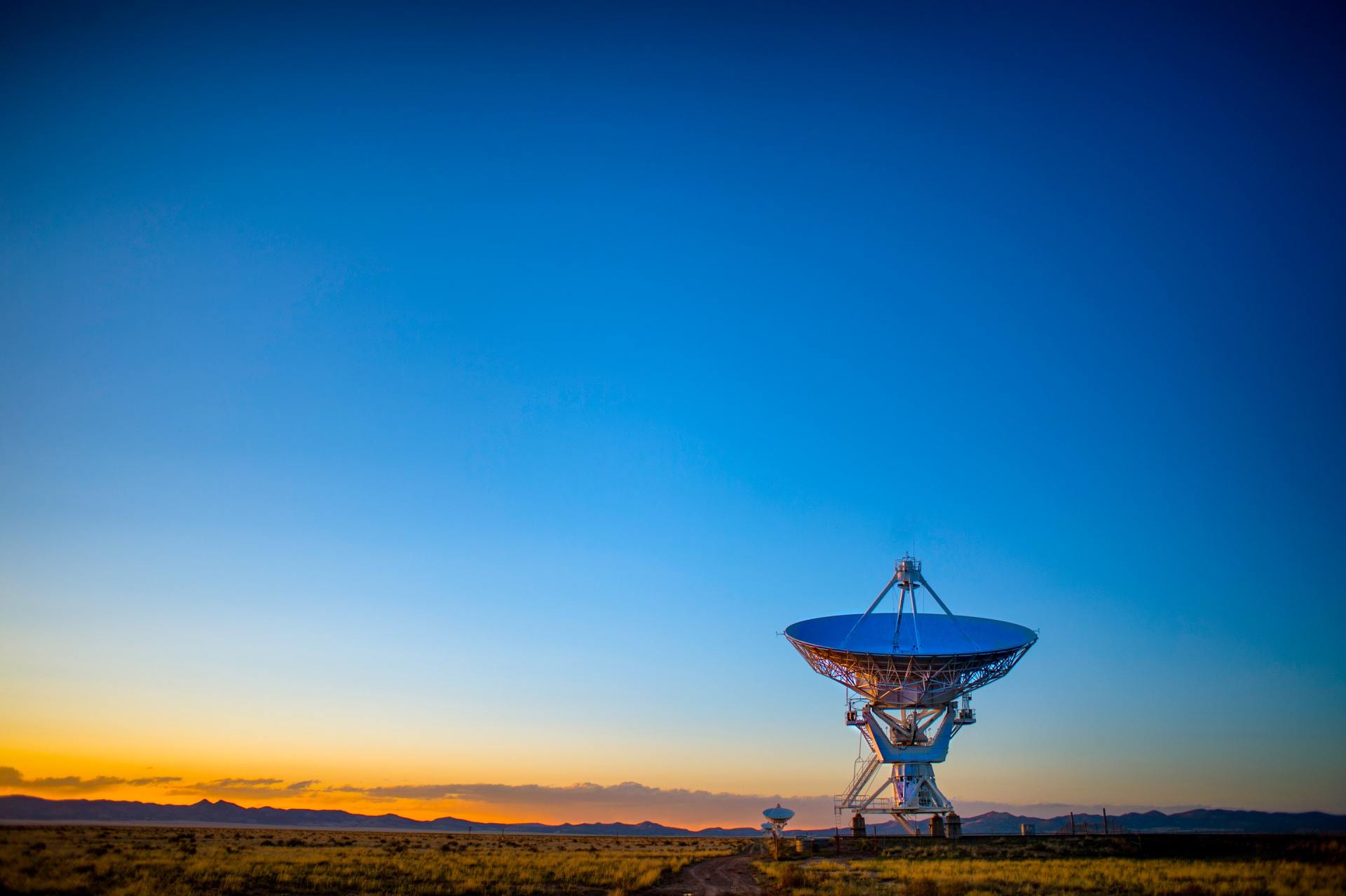Intellectual Humility
Intellectual Humility Part One – Humility Series II
You don’t have to look too far to realize that a brilliant mind does not necessarily equate to something good. Watch most any James Bond movie and the genius-turned-evil adversary pits his malevolent intelligence against the world. That brilliant bad boy (gee, it just usually seems to be an evil man, doesn’t it?) is also arrogant, and that arrogant overestimation of his superior plan for conquest and his vastly superior mind contributes to his inevitable downfall. And the world is saved from destruction or domination.
Intelligence not founded in humility is a recipe for disaster.
Intellectual humility (IH) “…involves recognizing and owning our intellectual limitations in the service of pursuing deeper knowledge, truth, and understanding” (Intellectual Humility), and is receiving increasing attention , even its own mini-series. The John Templeton Foundation has funded research in the area and has a good summary of what IH is here.
As Nathan DeWall says, “The scientific literature is littered with cautionary tales about an absence of intellectual humility. When we think of the most wrong of all scientific notions—a geocentric and static universe, a young and flat Earth—they gained traction and resisted abandonment because their advocates lacked intellectual humility. Critics were vilified, disconfirming evidence was quashed, and scientific progress was stalled” (p. 233).
What gets us into trouble more than most anything is to claim that we have the truth and that, unless you believe my truth, you are wrong. What is pretty clear to me is that everyone on the planet knows something that I don't know. That, my friends, is humbling.
What is truth? Well, that topic has been covered extensively over the centuries and, to be honest, I am just scratching the surface in trying to understand what truth is and isn’t and am hardly qualified to wax eloquently here (or to wax on, wax off) about it.
What I am pretty sure of is that none of us know it even if we claim to in our conversations. Yeah sure, we might have slices of it, we might have felt something was truth or truthful, we might have had an experience that seemed to be authentic and gave us insight into truth. And that is all well and good, but that is not the whole truth and nothing but the truth, so help us God.
We will continue to explore intellectual humility, for arrogant scientists, highly educated snobs, and brilliant evil-would-be-world-conquerors are not the only ones afflicted with a lack of it. Day-to-day interactions and social media discussions are rife with its opposite. If you see (or are yourself) someone highly opinionated about anything I would suggest that that is not the mark of a humble spirit.
Intellectual humility (IH) “…involves recognizing and owning our intellectual limitations in the service of pursuing deeper knowledge, truth, and understanding.”
Although research about intellectual humility is in its early stages, and definitions of it vary, scientists are starting to explore ways to define and to measure it. One definition is “proper attention to and owning of, one’s intellectual limitations” (in Church and Samuelson, p. 94). According to Church and Samuelson (2017), both an “ appreciation of the limits of one’s own knowledge ” and “ an openness to the beliefs, ideas, and opinions of others (including valuing other’s opinions and a willingness to revise beliefs when encountering other ideas) ” (p. 102, italics are mine) are two elements that are key. These, they say, are “essential to most operational definitions of intellectual humility” (p. 103).
Are you more likely to see signs of intellectual humility in yourself when you are talking about politics? Religion? Even youth sports or the G.O.A.T quarterback? (Yes, it’s Tom Brady, I say without equivocation.) - or of its opposite? If you were measured for intellectual humility how would you measure up? How about the last person you had a social media debate with, how would they measure up? How about panelists on your favorite TV talk or news show?
What seems clear to me in this polarized society is that we lack intellectual humility in the culture wars, in how we view others’ perspectives, and that it is exacerbated by any number of factors which are becoming more ingrained in social interactions and systems every day. That is deeply disturbing.
Why do we so admire people like St. Francis and Gandhi, but we act so differently?
Can we learn intellectual humility? What are its qualities? Does it have any benefits or is it just one of those soft touchy-feely skills? How important is it to learn about and to encourage in a divided society? We will look at these questions in future essays.
“Being humble, then, is like trying to catch air in our hands. The faster we close our fingers around it, the faster the air spurts away. The slower that we close our hands, the slower the air spurts away. But if we hold our hands, palms up, arms outstretched, then air will come to rest in our hands. To experience humility, then, is not to grasp or to strive toward it, but to rest as we seek to bless others. When we are moved from within, a humble spirit can descend upon us like that air resting in the open hand”
~Worthington, Humility, the Quiet Virtue , p. 103
References
Intellectual Humility. Retrieved from https://www.templeton.org/discoveries/intellectual-humility.
Church, I. M., & Samuelson, P. L. (2017). Intellectual humility: an introduction to the philosophy and science . London ; New York: Bloomsbury Academic, an imprint of Bloomsbury Publishing, Plc.
DeWall, C. N. (2017). Fostering Intellectual Humility in Public Discourse and University Education. In E. L. Worthington, Davis, Don E., Hook, Joshua N. (Ed.), Handbook of humility: theory, research, and applications (pp. 233-245). New York: Routledge, Taylor & Francis Group.
Worthington, E. L. (2007). Humility: the quiet virtue . Philadelphia: Templeton Foundation Press.
To receive all our Profound Living posts, please subscribe (it won’t cost you anything but time to read): https://www.profoundliving.live/
Please consider following the Profound Living Facebook page
And... please share this essay with others who might find it beneficial.
Finally, for something more wide-ranging, check out The Profound Bartender.














